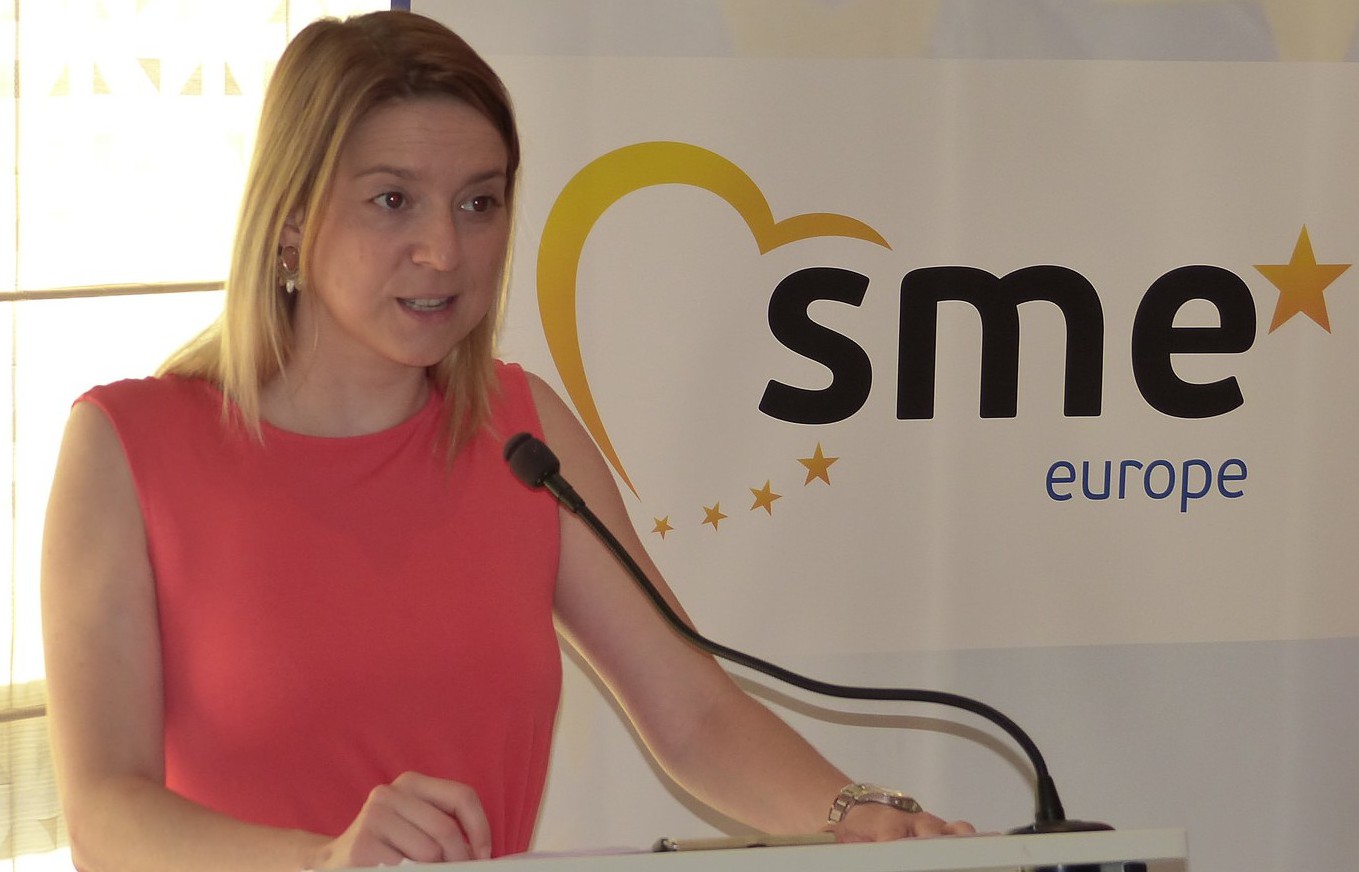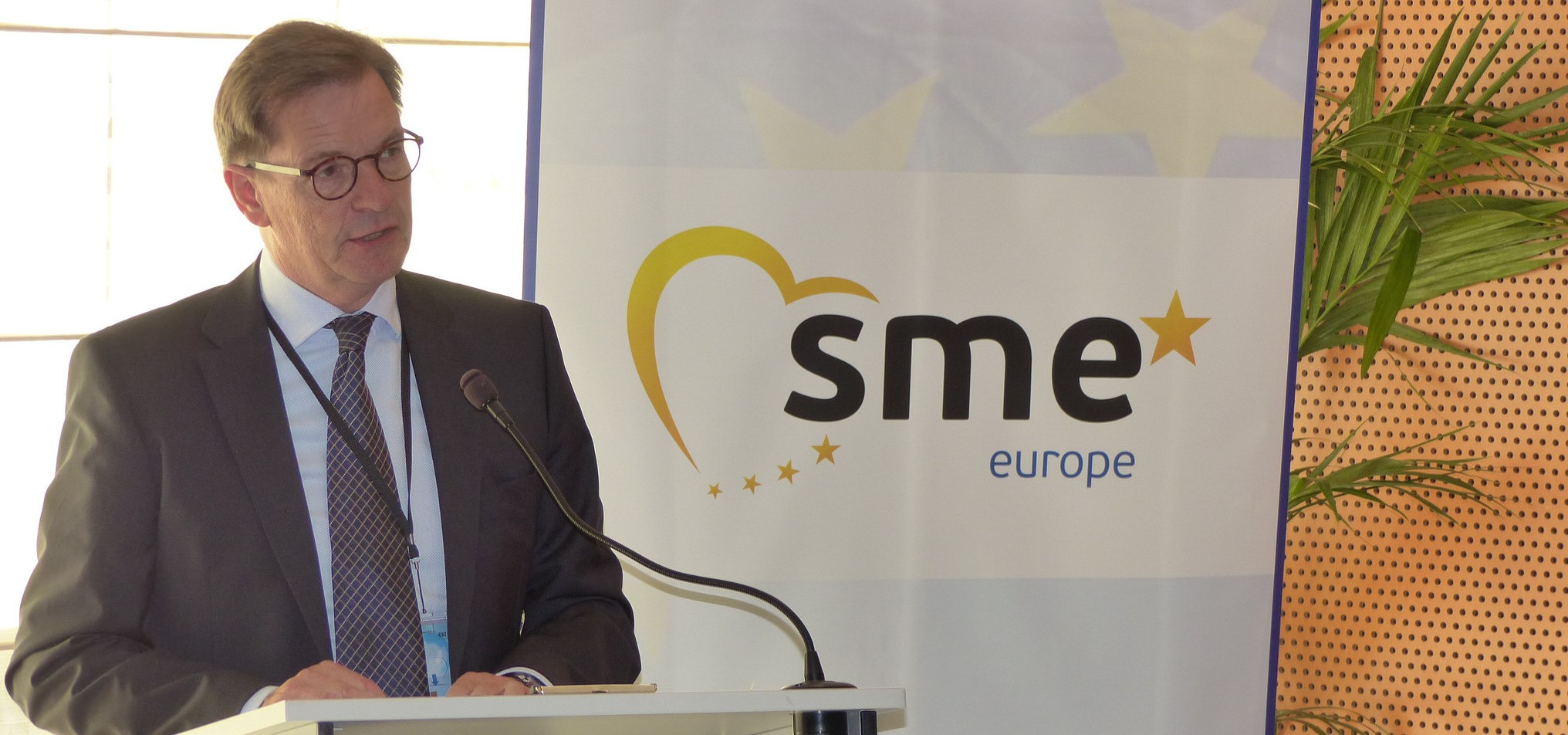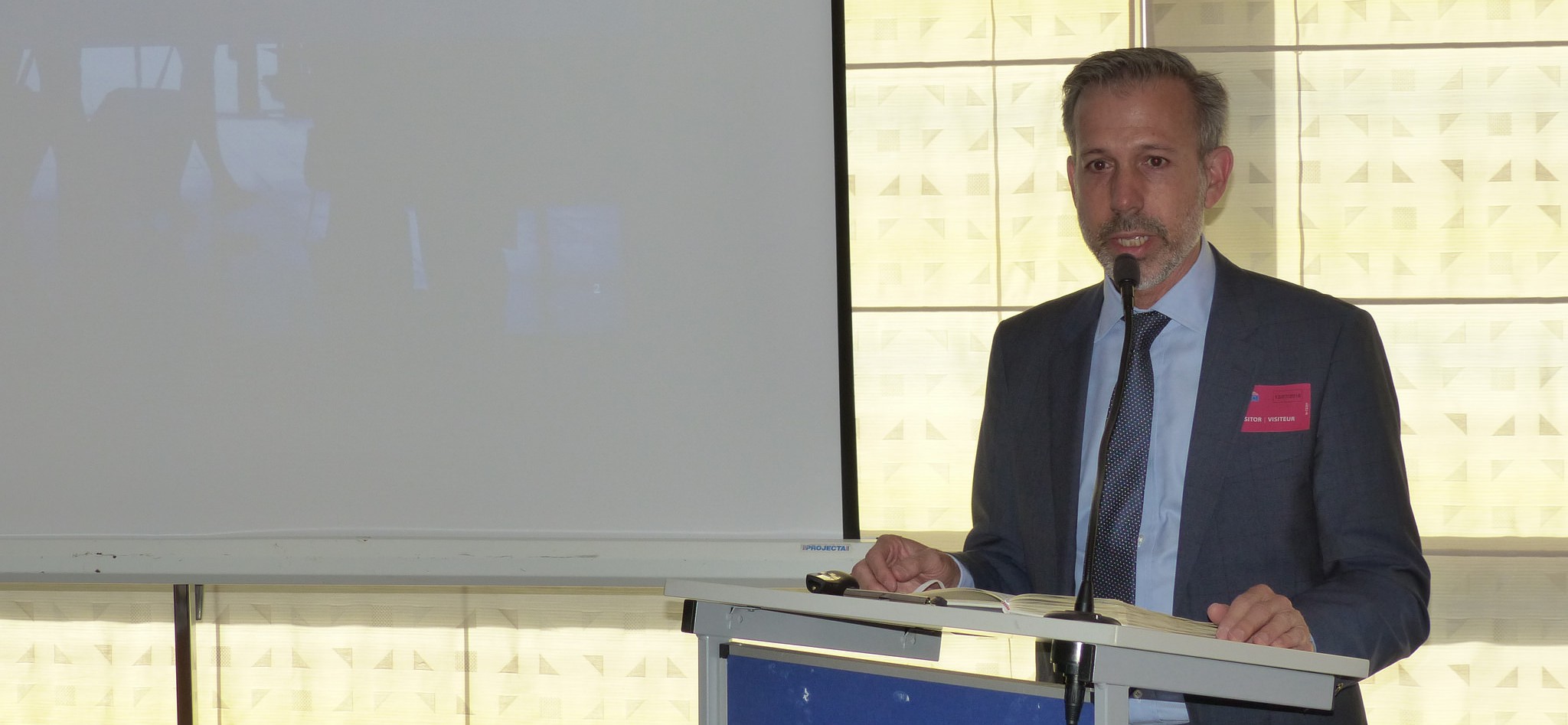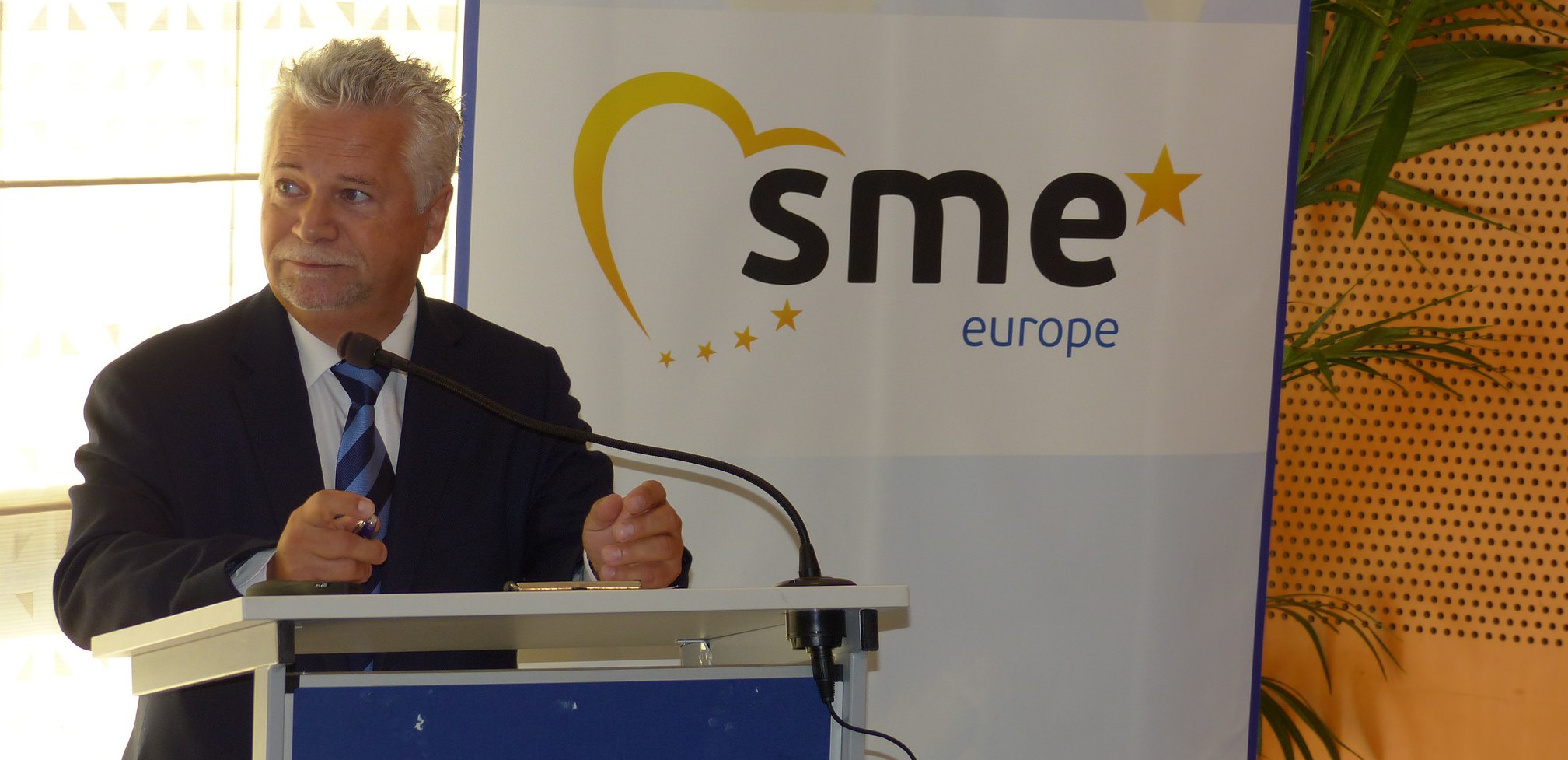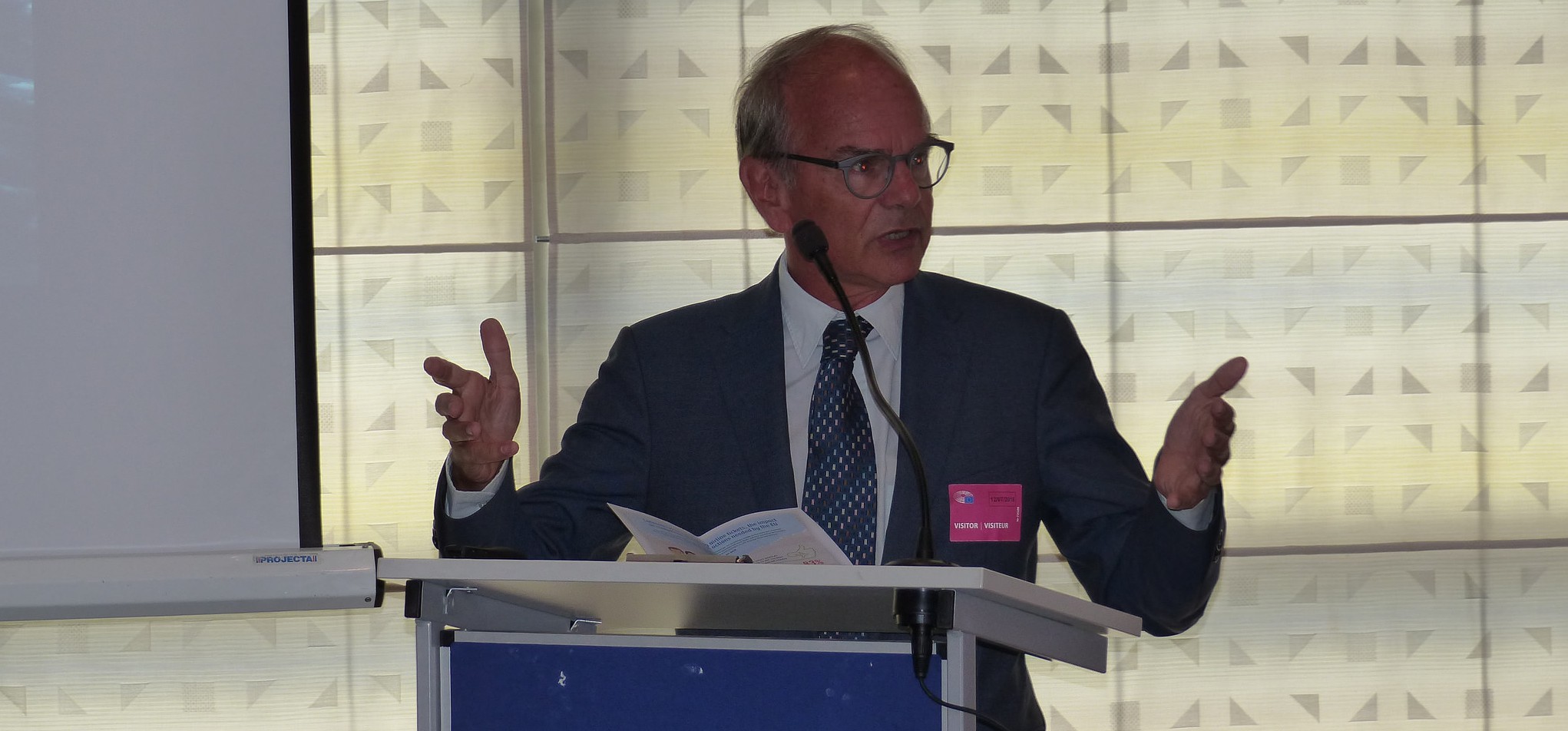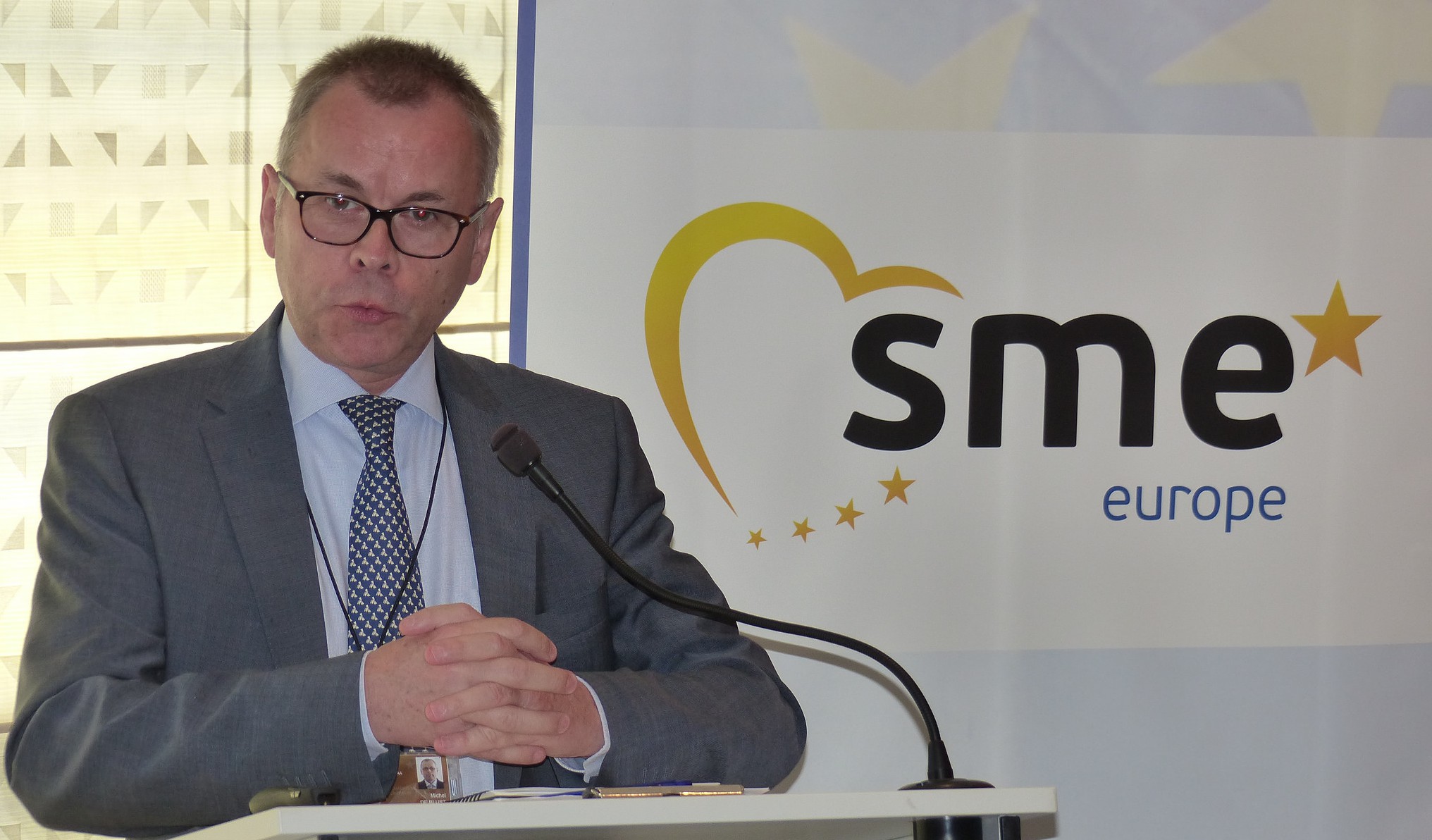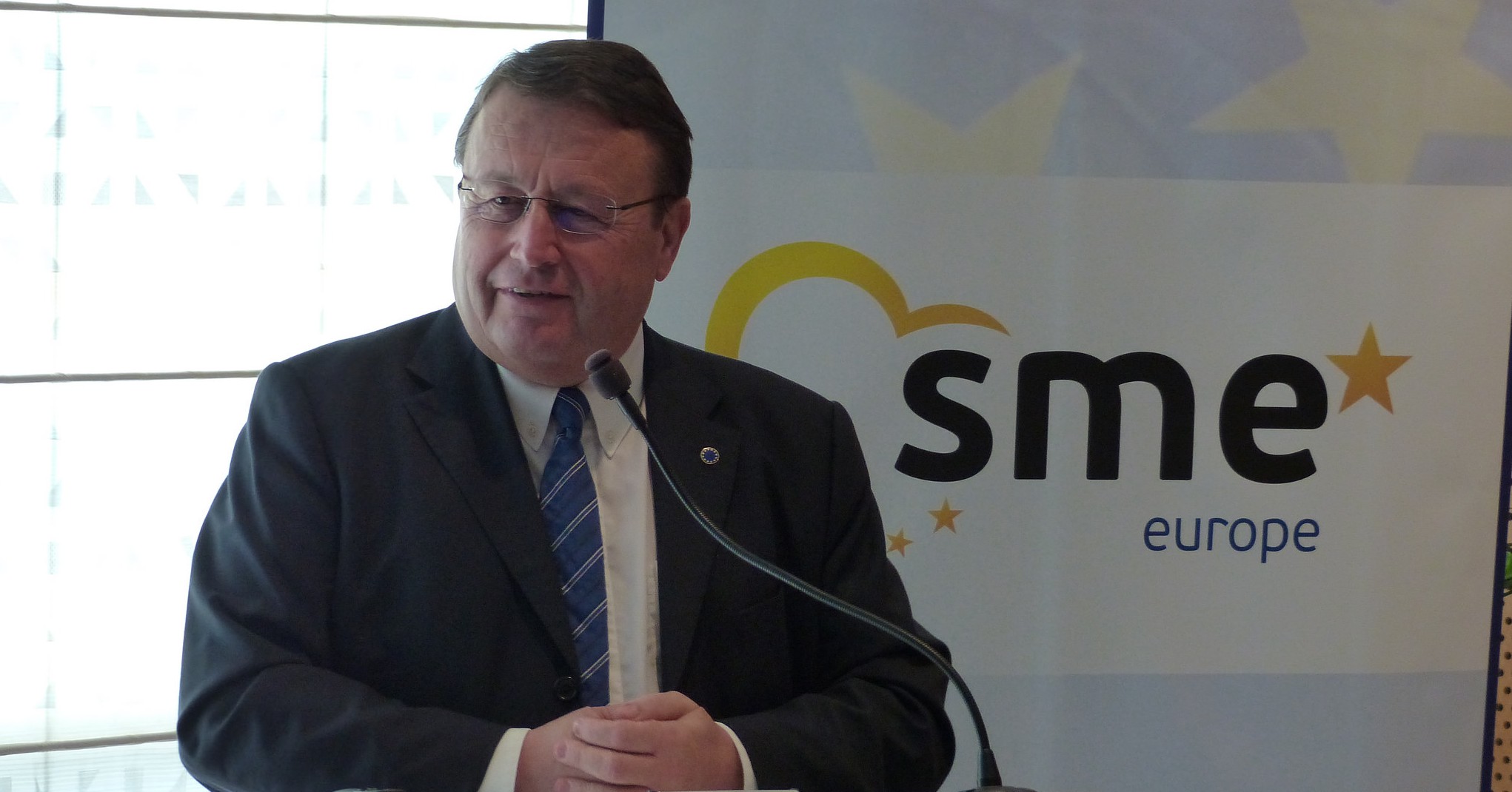New Commercial Practices by the Airline Industry
On 12th July 2016, SME EUROPE of the EPP hosted an event in the European Parliament addressing a growing trend by airlines to encourage and incentivise direct sales. It identified the potential resulting opportunities and challenges for small and medium sized travel agent providers in a steadily growing and increasing complex airline market.
Mrs. Claudia Monteiro De Aguiar MEP, Member of the Committee on Transport and Tourism, kicked off the event by giving an overview from a travel and tourism perspective. She stated that travel and tourism as a sector employs 25 million people and generates 25 billion EUR a year in Europe alone. She also noted that the connectivity of infrastructure is vital for provincial airports and brings overall regional growth in the member states. In terms of the new ticketing practices adopted by Lufthansa, she highlighted that price transparency and the maintenance of fair prices must be a priority. She then rounded off on the point that the EU should really be improving sustainable innovations and research for SMEs.
Mr. Bendt Bendtsen MEP, President of SME Europe, followed up on this appraisal by presenting the constitution and targets of SME EUROPE to the participants. He informed the particpants and speakers that the development of a level playing field for SMEs in this sector is of the utmost importance whilst diminishing unfair monopolies. Ivan Stefanec then added to this by stating that 2% of GDP is created by the airline industry.
The floor then went to Mr. Phil Riggins, Partner of Brunswick Group, who specialises in researching consumer awareness of airline booking channels. An online survey found that consumers understand comparison shopping, but rather less about airline competition, and feel that general distribution services (GDS) are detrimental to the booking in general. The survey also found that 67% of people choose to book through a third party channel such as Skyscanner. The majority of the survey agreed that the surcharge introduced by Lufthansas’ new practices will have a negative impact on consumer choice and ease of comparison.
Mr. Dieter-Lebrecht Koch MEP, Vice-President of the Committee on Transport and Tourism, agreed with observations of the aforementioned survey and added that as long as Lufthansa sells its own tickets as well as other tickets equally with GDS charges the there should be no problem created by unfair competition. He stated that the cheaper airlines currently hold 25% of the world market, and that these developments through the usage of GDS through Lufthansa trigger many questions which could negatively affect SMEs in many sectors. Mr. Koch criticised the new commercial practices adopted by Lufthansa, and said that it ultimately puts a harness on how the customer reaches his or her final destination. He said that he does not fear for the existence of travel agencies as they offer a personal service which cannot be matched by technology.
Mr. Arrien Kruyt, European Passenger Association, was next to interject by suggesting that air travel is complicated for infrequent travellers as the ticketing procedure is often difficult in terms of time frames. For this reason, he agreed with Mr. Koch’s statement of the value of travel agencies.
Mr. Michel de Blust, Secretary General of Travel Agents and Tour Operators Association, continued the case for travel agencies by stating that 85% of travel agencies are SMEs whilst agreeing that the booking procedures are complicated. He explained that indirect distribution creates a level playing field and is obviously preferable to customers. He rounded off by criticising the new commercial practices for violating EU codes of conduct and noted that complaints have already been filed with DG Move of the European Commission regarding these accusations.
Dr. Paul Ruebig MEP, Honorary President of SME Europe, wrapped up the discussion by highlighting the importance of cross border activities while questioning the cost of failing to harmonise the practices of these specific markets. He made it very clear that this whole discussion revolves around the need for a sustainable solution for the mobility of the 7.4 billion inhabitants around the world.

